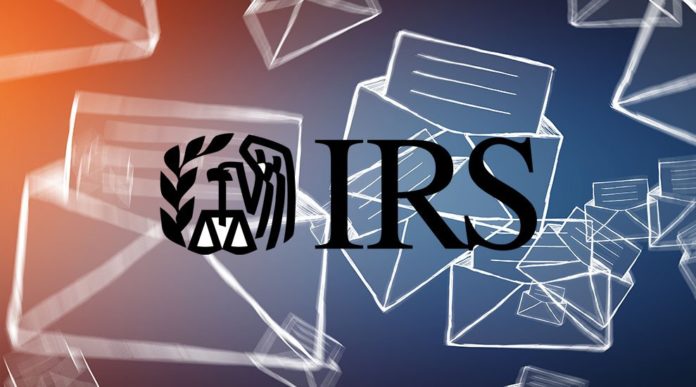As per a few reports, a warning advisory group at the IRS needs the administrative office to give more data about crypto charges. The data was discharged in a 2018 general report distributed a couple of days back.
The IRS Still Ambiguous on Crypto Taxes
The Information Reporting Program Advisory Committee (IRPAC) is asking the Internal Revenue Service (IRS) of the United States to survey its rules for crypto tax assessment. As indicated by the IRS, the development in the crypto showcase amid the most recent years has produced bunches of inquiries in the space. In 2014, the IRS issued a remark about virtual monetary forms.
Right now, those working in the crypto business are not sure about how to announce crypto exchanges. Exhausting virtual monetary standards isn’t a simple undertaking and devotees have numerous questions on the issue.
The guides clarify that there are industry and duty professionals that still inquiry impose outcomes. On the issue, they stated:
“Many industry and practitioners still question other tax consequences of cryptocurrency transactions. For example, Can cryptocurrency be considered a specified foreign financial asset? How is the basis determined for cryptocurrency that is sold? Does broker reporting apply to cryptocurrency transactions?”
As per Fundstrat Global Advisors, an autonomous research boutique, potential assessment liabilities identified with virtual monetary forms could be $25 billion dollars. The IRPAC refers to the investigation performed by this organization. The IRPAC clarifies that no less than 50 percent of the assessment liabilities of crypto exchanges could have not been accounted for.
Furthermore, the panel specifies that a few clients may utilize security centered virtual monetary forms. Digital forms of money, for example, Monero (XMR) enable clients to process exchanges in a totally unknown manner. This is the reason the IRPAC says that controllers in the U.S. ought to collaborate with remote organizations. A few clients are likewise working with crypto trades in different nations.
Back in April, before the due date for duty filings in the U.S. the stage Credit Karma educated that under 100 clients revealed capital additions identified with digital forms of money. The quantity of expense filers on the stage were 250,000 people. Besides, the IRS detailed in 2015 that only 802 citizens in the U.S. made reference to virtual money interests in their charges.
This isn’t the first occasion when that a gathering of counselors requests that the IRS clear up crypto tax collection. A couple of months prior, a gathering of administrators said that the direction for crypto charges from 2014 was at that point obsolete.
In Spain, people and organizations with €50,000 in virtual monetary forms would need to educate their property in cryptos. That incorporates people that hold their assets in return and wallets abroad.
Carlos is a universal relations’ examiner having some expertise in cryptographic forms of money and blockchain innovation. Since 2017, Carlos has composed widely for Cryptoglobe and other driving digital money destinations; with more than 2,000 articles distributed.


























